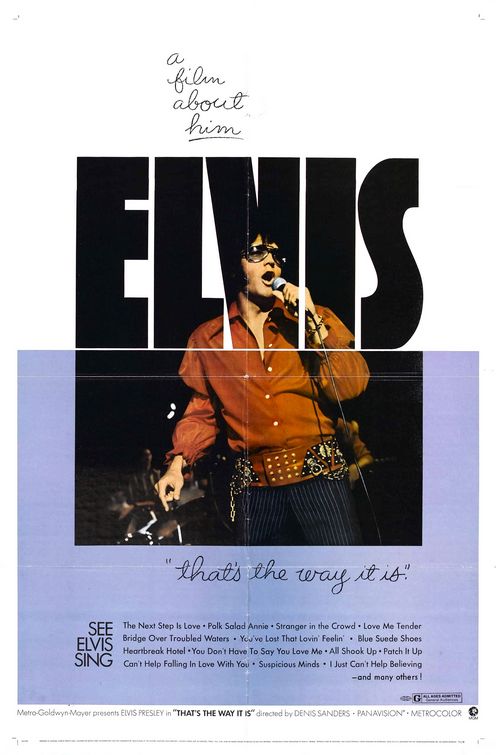


It’s classic.īut can’t you argue Elvis also did that himself? We get to the top of our game and we overplay our hand and we start encroaching, encroaching, encroaching, becoming the very empire that the Framers did not want us to be because they broke off from an empire. America emerges victorious from World War II, and it has been a steady slope downward toward imperialism and all of its trespasses ever since. It makes me feel a little strange sometimes because you want to look at a horrible situation and say that is a horrible situation period, there’s no silver lining here, but the truth is that when Elvis is at his best, it all crashes. I always have been that person, I don’t know why. It creates situations where over and over when I look at global conditions I’m the one person in the room who has some funny sense of possibility in the worst of times. To be honest with you I saw Rocky when I was a boy and I think it scarred me for life because I do believe that one of the ironies of life is that the best shit happens when you’re very, very far down. Do you feel fatalistic in a way, when you look at where we are right now? Something deeper-and then where does that leave him? “Dead on the toilet at 42.” I got the sense that if not you, at least a lot of the people you interviewed felt as though the country has reached the bottom of the bottom, like we are done. They expound upon Presley’s complicated legacy and troubled personal life and discuss how the country’s obsession with capitalism and greed have successfully killed the myth of the American dream for the middle/working class and the poor. Along the way, Jarecki meets and picks up a multitude of colorful talking heads, some famous (including Alec Baldwin and co-producer Ethan Hawke), some who knew Presley personally, others pleasantly conversational locals with a story to tell.

Later, he traces his ascendance in the music and film industry through New York, Hollywood, and Las Vegas. In it, Jarecki begins his journey in Presley’s birthplace of Tupelo, Mississippi, before moving on to Memphis, where a young Elvis became immersed in the culturally rich blues traditions that would shape his musical aesthetic. The final version of the doc, now titled The King, was acquired by Oscilloscope earlier this month and premiered at the Sundance Film Festival on Thursday. Originally titled Promised Land, the film follows Jarecki as he travels across the country in a 1963 Rolls Royce once owned by Elvis Presley, attempting to chronicle the rock star’s meteoric rise and devastating fall against the backdrop of the political and cultural tensions of the 2016 election.

At Cannes last year, Eugene Jarecki, the filmmaker behind the acclaimed 2006 documentary Why We Fight, unveiled an ambitious new project that had been years in the making.


 0 kommentar(er)
0 kommentar(er)
